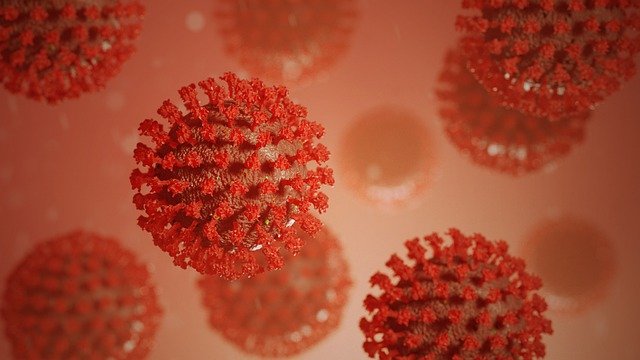American Cancer Society: Can cancer patients receive COVID-19 vaccine?
- Normal Liver Cells Found to Promote Cancer Metastasis to the Liver
- Nearly 80% Complete Remission: Breakthrough in ADC Anti-Tumor Treatment
- Vaccination Against Common Diseases May Prevent Dementia!
- New Alzheimer’s Disease (AD) Diagnosis and Staging Criteria
- Breakthrough in Alzheimer’s Disease: New Nasal Spray Halts Cognitive Decline by Targeting Toxic Protein
- Can the Tap Water at the Paris Olympics be Drunk Directly?
American Cancer Society: Can cancer patients receive COVID-19 vaccine?
American Cancer Society: Can cancer patients receive COVID-19 vaccine? Is the COVID-19 pneumonia vaccine effective for cancer patients? This has been the focus of vaccine experts and oncologists since the vaccine development stage. Most experts recommend that they should be vaccinated as soon as possible. The potential benefits of the vaccine will far outweigh the side effects.

Dr. Laura Makaroff, senior vice president of prevention and early detection of the American Cancer Society, said that despite the limited safety data, the American Cancer Society and other authoritative oncology groups are actively recommending cancer patients to get vaccinated as soon as possible. They are at the highest risk during the epidemic. We believe that the COVID-19vaccine is safe for cancer patients, but patients need to fully communicate with their doctors before receiving any kind of vaccine to determine the best time for vaccination. For example, cancer patients need to postpone vaccination when they receive stem cell transplantation or use drugs that reduce the effectiveness of vaccines.
Dr. Brian Koffman, chief medical officer of the chronic lymphocytic leukemia (CLL) patient group organization, said that CLL is one of the most common adult leukemias. The immune system of patients is weakened and infection can easily lead to aggravation of the disease. Studies have shown that the risk of severe hospitalization for patients with CLL suffering from new coronavirus pneumonia is as high as 89%, and the mortality rate is 31%. Therefore, for cancer patients, the potential benefits of vaccines far outweigh the risks.
Chaitra Ujjani, professor of oncology at the University of Washington School of Medicine, said that due to poor immune system function, patients with CLL are generally not recommended to receive attenuated vaccines, such as measles and yellow fever vaccines. Similarly, their immunity from the COVID-19 vaccine may decrease. These patients are usually excluded from clinical trial subjects. We highly recommend them to be vaccinated, but we are not sure how effective they are. To this end, the group organization has launched a study of 500 CLL patients nationwide to prove the protective effect of the vaccine on these patients.
The American Lung Cancer Action Network stated in an open letter that it hopes that the United States will provide vaccines for lung cancer patients as soon as possible. New coronavirus pneumonia is a disease that mainly attacks the respiratory system. Therefore, patients with lung cancer are more likely to become severely ill after infection, and the risk of death is extremely high.
According to Dr. Elad Sharon, a senior researcher at the National Cancer Institute, we need more clinical trial data to guide cancer patients’ vaccination strategies. If cancer patients can form a sufficient immune response after vaccination, we will vaccinate them as soon as possible; on the contrary, if the vaccine does not form effective protection, we need to vaccinate the people around him, especially those who take care of him. This is also a kind of Provide effective protection strategies for cancer patients.
Ujjani said that cancer patients continue to suffer in isolation and fear, and they do not know when they will be able to return to their normal lives. We hope to learn about the effects of vaccinations for cancer patients, which are also being tested every second, but since the vaccine has just been launched, it will take some time to obtain evidence.
(source:internet, reference only)
Disclaimer of medicaltrend.org



